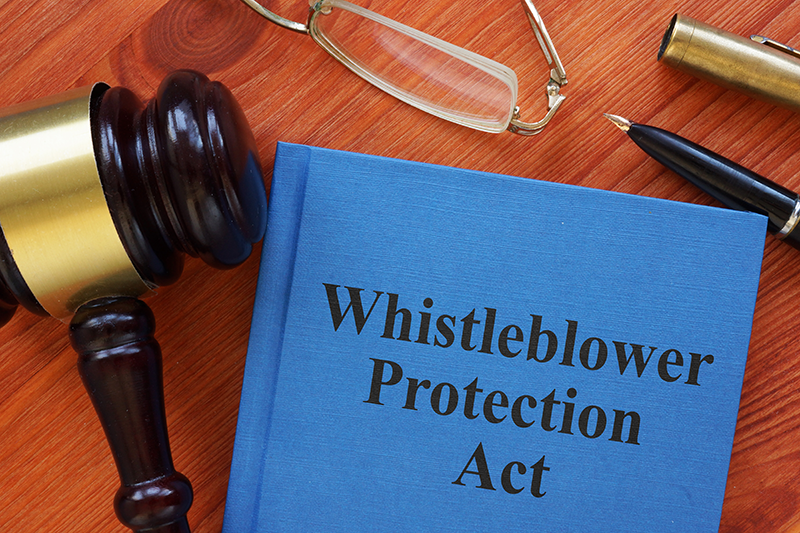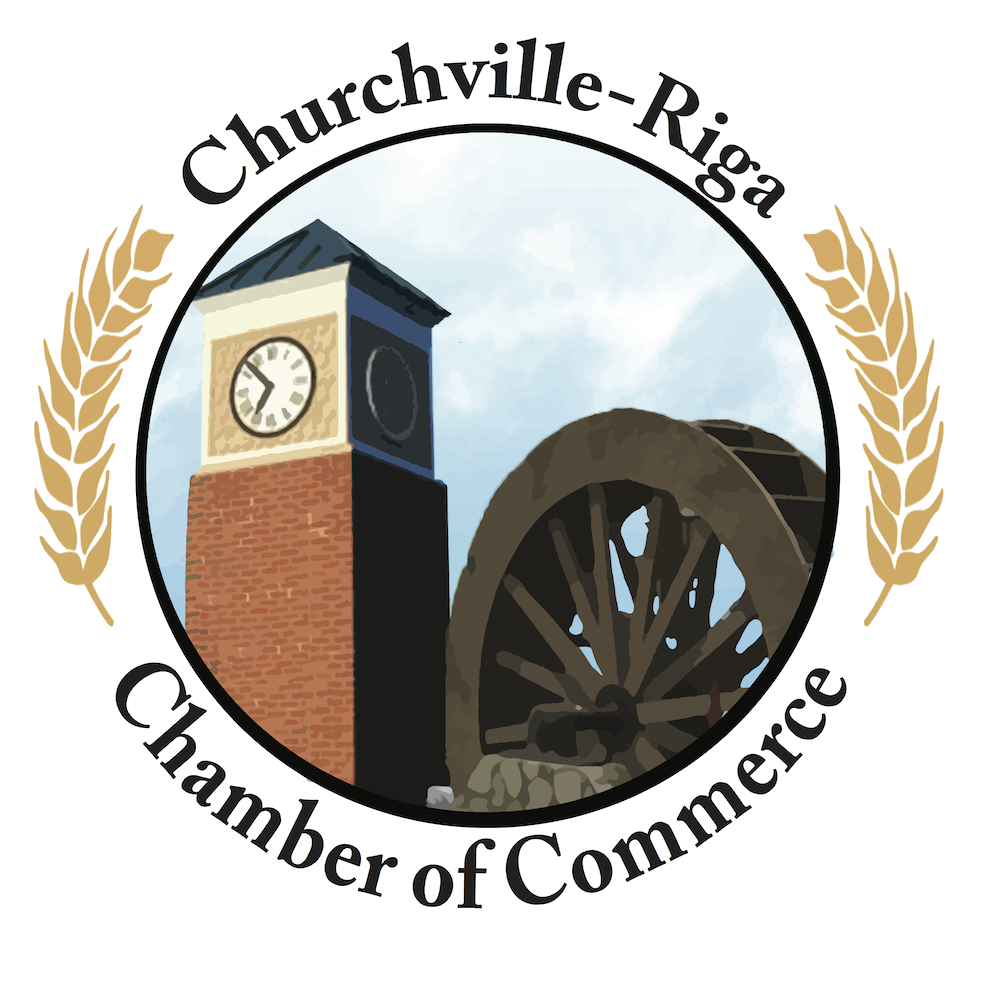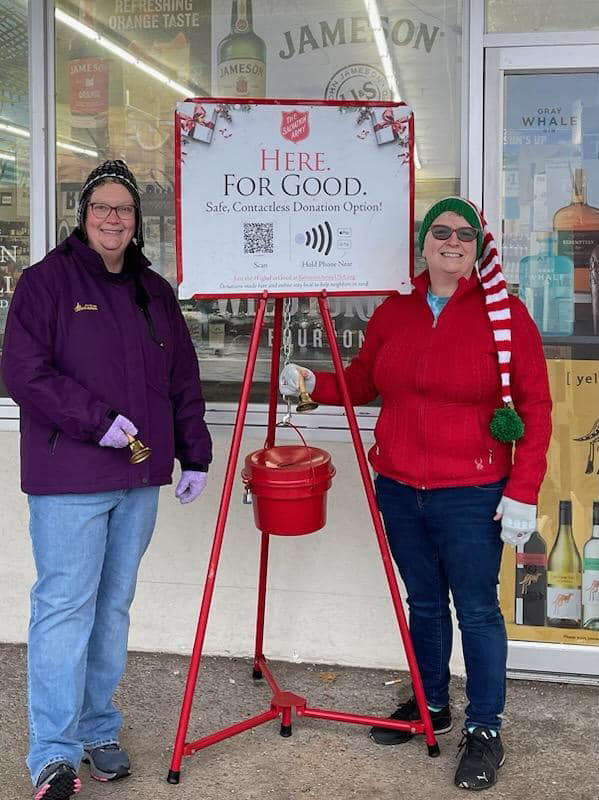New law offers more protection for whistleblowers

Business and employment litigation attorney Peter J. Glennon said whistleblowers in New York are in a stronger position now, as a new state law took effect on January 26.
Under legislation passed last fall, New York’s whistleblower laws now cover more workers with stronger protection from retaliation. Workers will now be able to take their case before a jury and receive additional compensation if they can prove retaliation.
“Whistleblower laws protect workers from retaliation for trying to do the right thing,” said Glennon, founder of the Glennon Law Firm in Rochester. “We can’t necessarily stop employers from punishing employees who report wrongdoing, but we can help workers who have done the right thing with greater compensation for retaliation. Hopefully, it results in companies tightening up their practices.”
The state’s new whistleblower laws have been expanded from just employees to include former employees and independent contractors. The standard has also been lowered so that whistleblowers now only need a “reasonable belief” that their employer is violating a law, rule, or regulation, at the local, state, or federal level, including any judicial or administrative decisions. In addition, whistleblowers no longer need to report the issue to their employer and allow a “reasonable opportunity” for them to correct it, and instead may make a “good faith effort” to notify the employer before going to a public or government body.
Retaliation has been expanded to include discharge, suspension, demotion, discrimination, or any other adverse action, including attempts to contact immigration officials or hurt attempts at gaining alternative employment. If a whistleblower faces retaliation, they can now take their case before a jury and potentially receive broad damages, including emotional distress compensation, $10,000 in civil penalties, reinstatement, and reimbursement for lost compensation.
“Whistleblowers are a vital part of New York’s enforcement of its own laws, since employees are in the best position to know when a business is violating a law,” added Glennon. “These new laws help ensure that New Yorkers will be safer and healthier, while protecting those individuals who seek to do the right thing.”
Provided information





